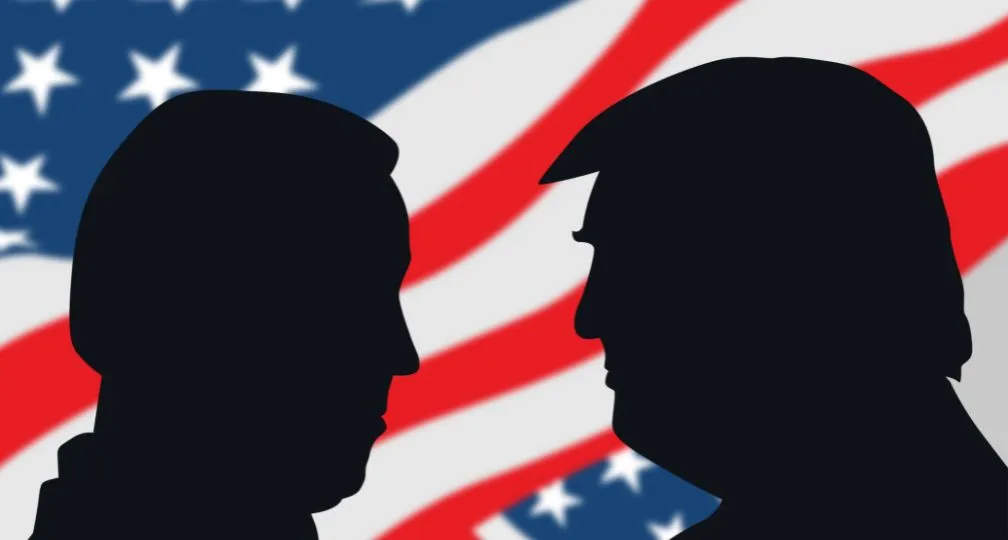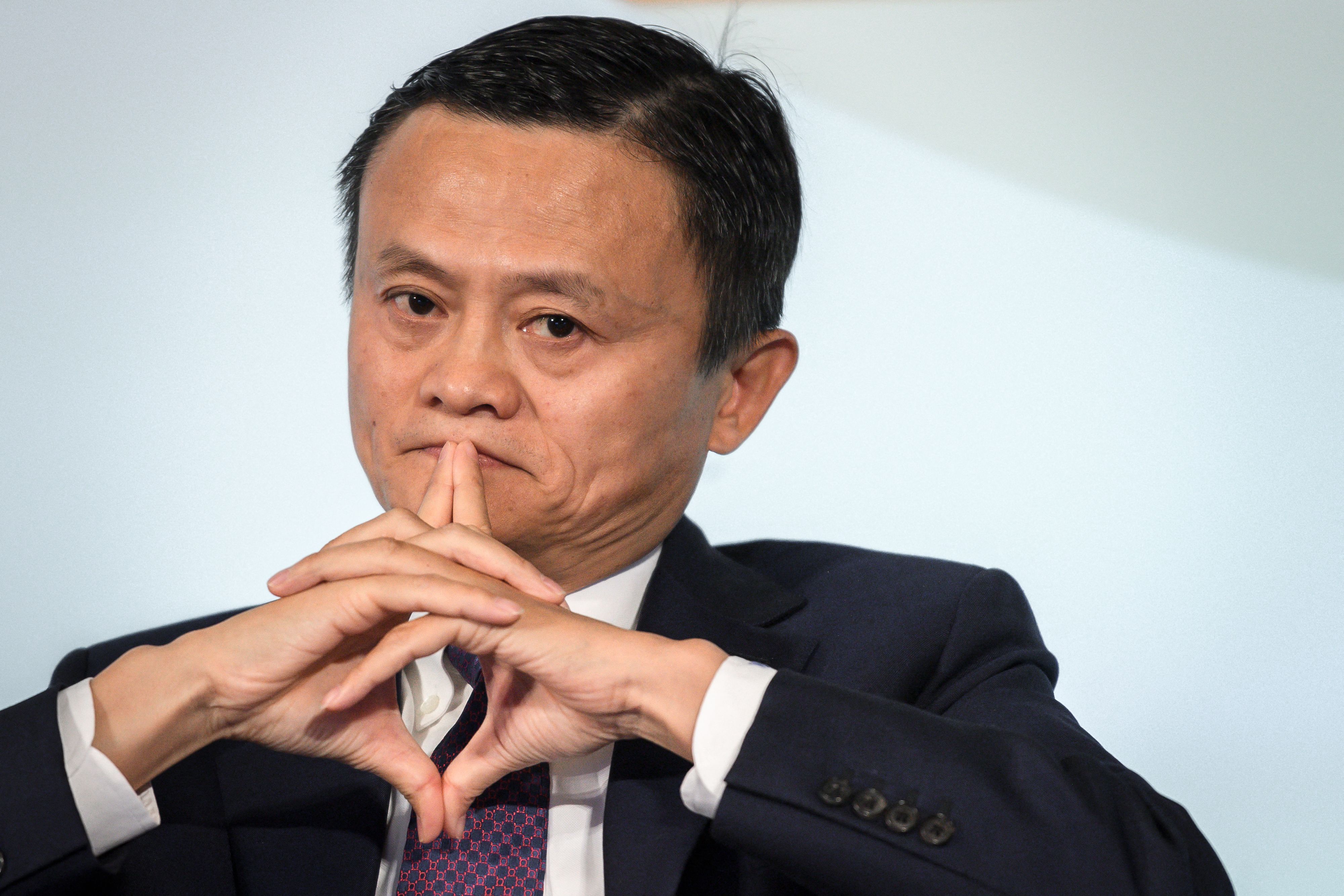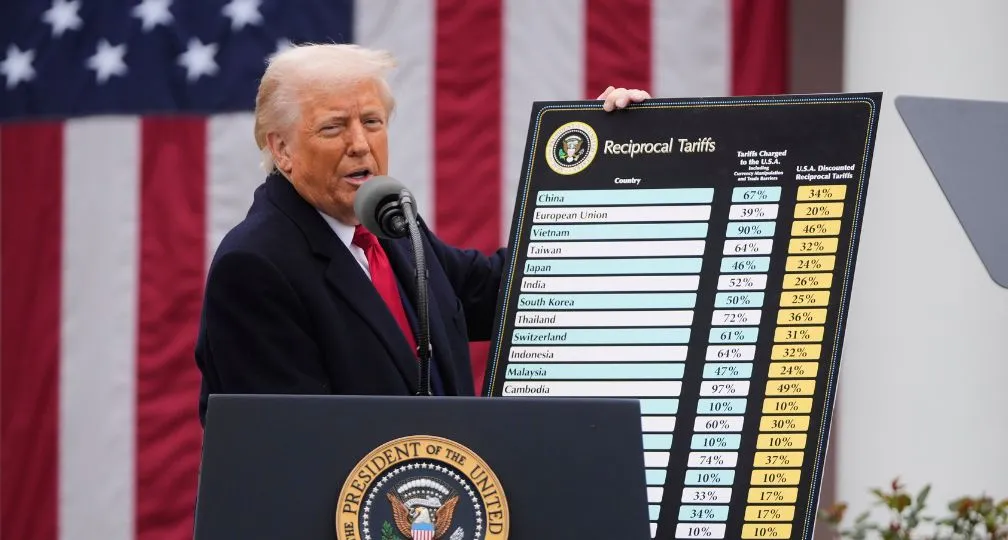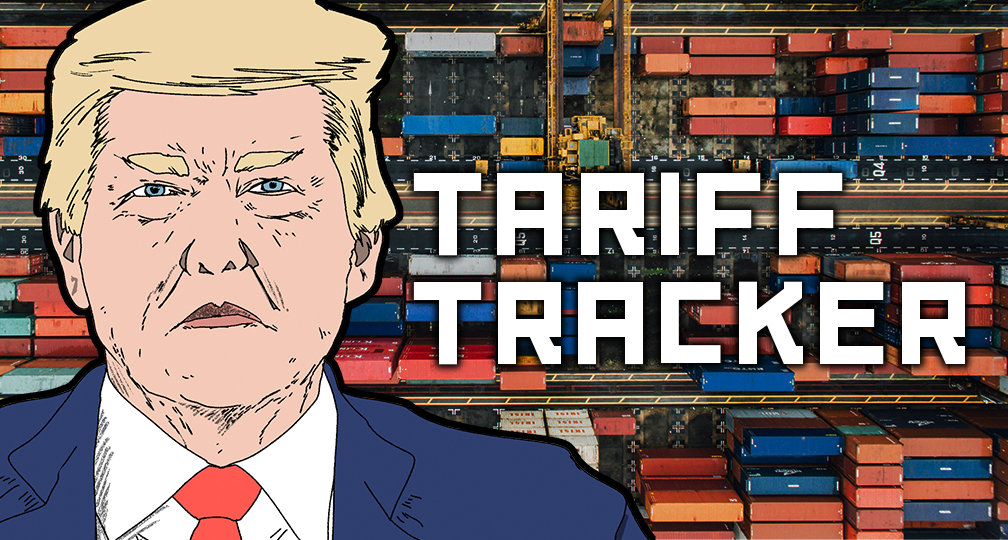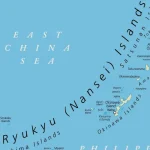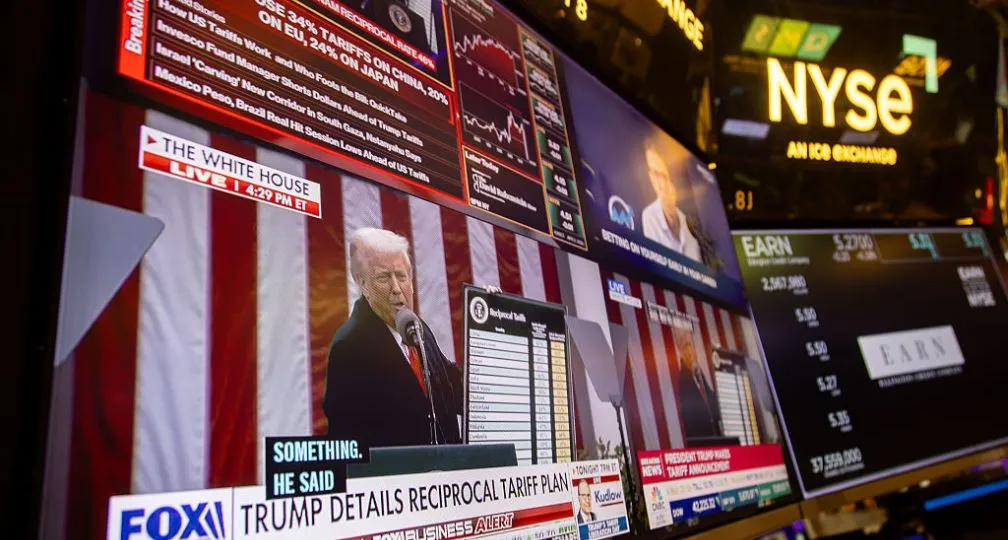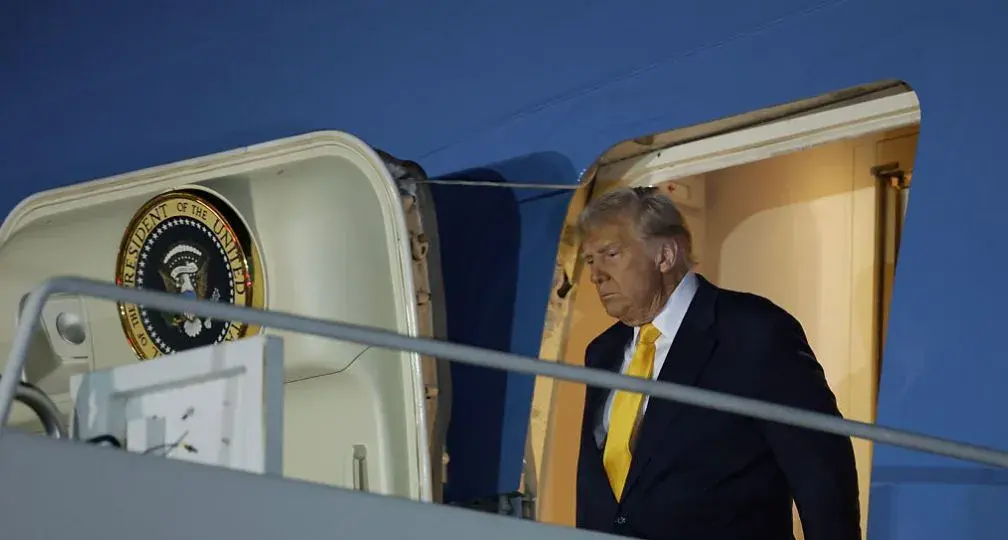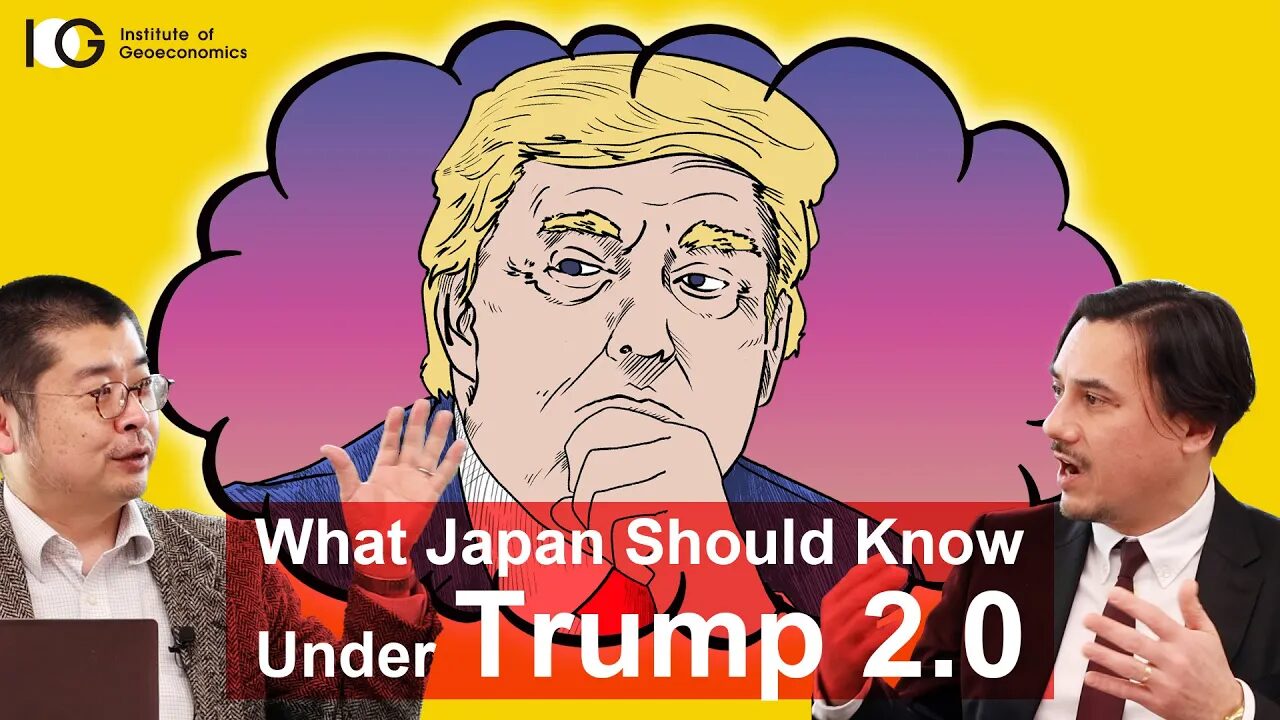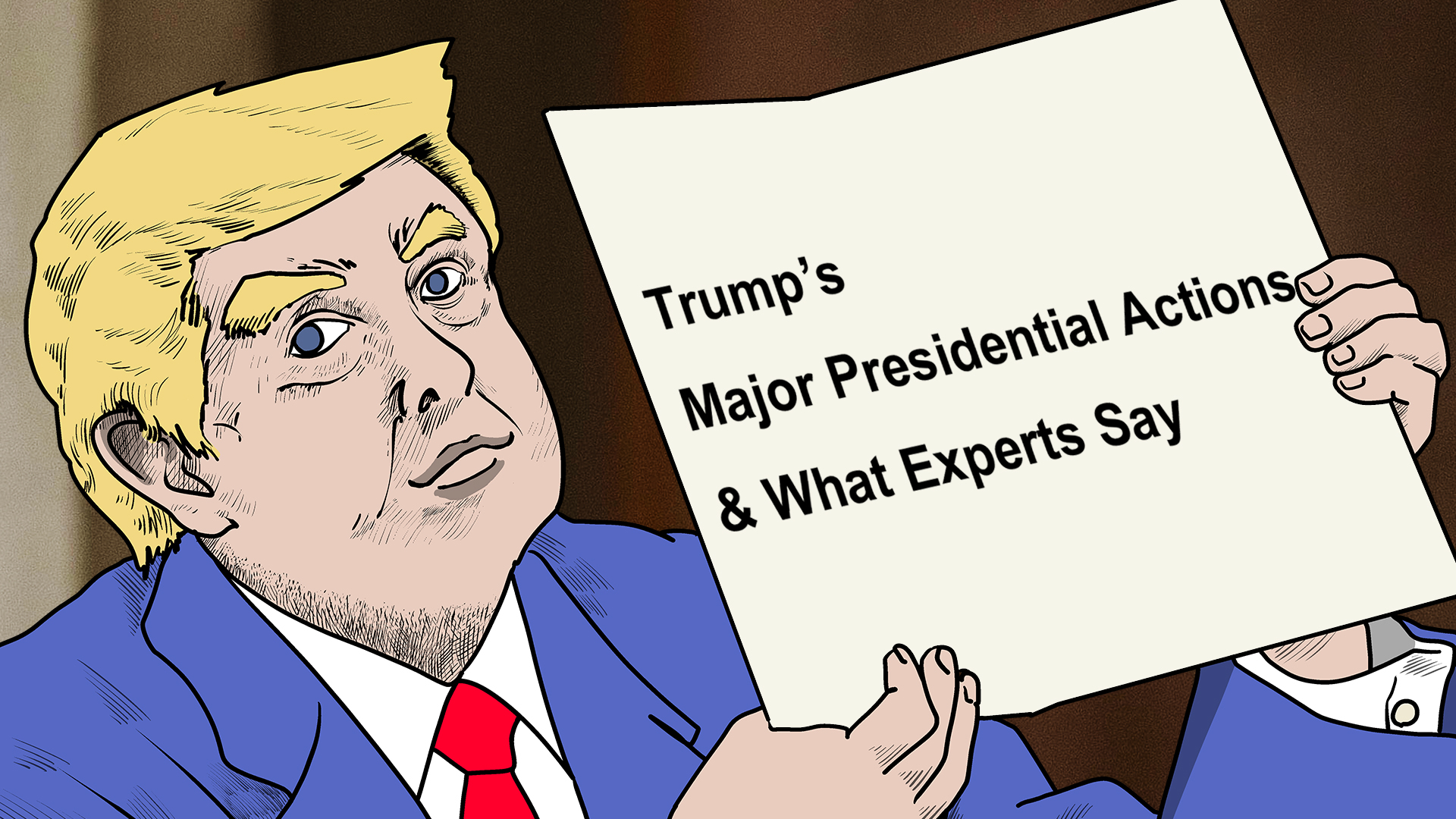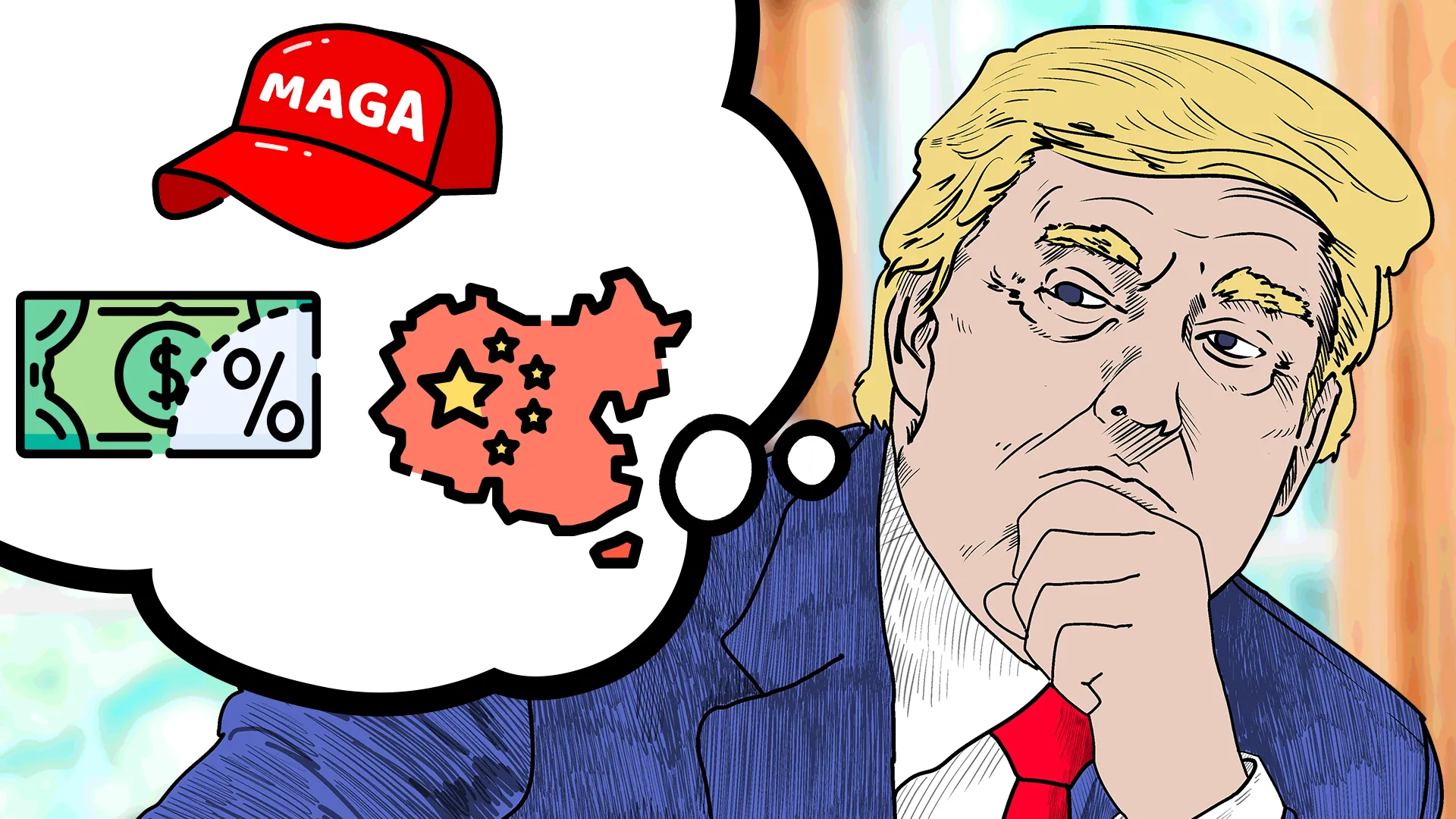It’s time for the U.S. to rediscover its role in the G7
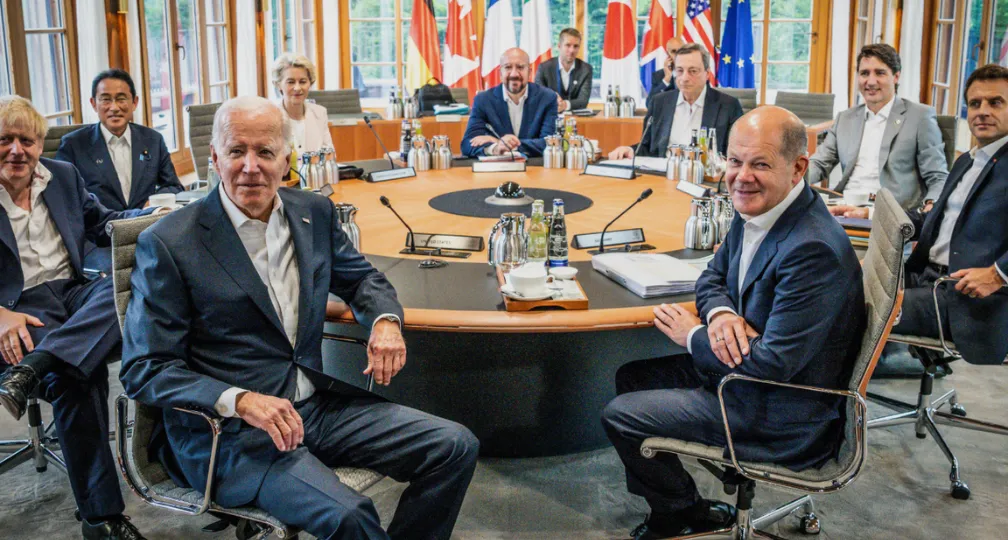
Following Obama’s shift to focus on the G20, his successor, President Donald Trump, described the G7 as an “outdated group of countries.” Indeed, the G7 used to make up 70% of the global economy when it was first formed; by 2016, it was down to 47%.
In today’s world, however, priorities have shifted. While the G7 gained its preeminence at the end of the Cold War, which marked an acute shift in power balancing, the world is now experiencing another geopolitical powershift.
The invasion of Ukraine and China’s growing military and economic power have presented a climate that will test the re-emergence of American leadership. Previously, the United States had given allies reasons to doubt its commitments to them. Trump questioned the core purpose of NATO, while President Joe Biden has alienated key partners with initiatives like the Summit for Democracy.
The compounding consequences of the war in Ukraine and U.S.-China competition have, however, demonstrated that economic security in Europe and Asia are indivisible, and thus must be addressed with countries in strategic alignment.
In recent years, the U.S. has leaned into a strategy of minilateralism through initiatives like AUKUS and “the Quad” in their security framework, while also pursuing a values-based approach touting democracy and the rule of law. Given the latter approach isolates key partners in Asia, the G7, its own agenda-setting minilateral, presents an opportunity for alliance rebuilding that the U.S. can harness.
Even with domestic political constraints, the U.S. should assume the crucial role in strengthening the G7 coalition and meaningfully engaging with its other allies and beyond, including countries in the so-called Global South.
This article will discuss the current shift in the international environment and what the U.S. must do to leverage the small network of the G7 to reassert itself and regain its credibility as a global leader.
Fragmentation within the G7
The sense of urgency brought about by the invasion of Ukraine galvanized the U.S. and Western Europe to unite against Russia. Yet, this coalition has not necessarily transcended into a united strategy for other issues.
Although European NATO members have agreed on supporting Ukraine in its war against Russia, material support has overwhelmingly come from the U.S. This is not to say that European nations has not stepped up to Ukraine’s defense. They have sent munitions, Leopard tanks, howitzers and more to the front lines, but at times, support is lagging.
Poland initially hesitated to send F-16 fighter jets, saying it had too few to spare. Germany reflected a sea change in defense policy when it declared to raise its defense budget to €100 billion, only for its new defense minister to admit that modernizing the German military will actually take 50 years.
U.S. lawmakers have expressed that getting aid passed has become increasingly difficult, as some constituents simply don’t see the value of it. This is particularly true among Republicans: while 80% supported providing military aid to Ukraine in March of last year, only 55% do so now.
There are also vocal China hawks in the U.S. who argue that attention and resources should be focused on China, not Russia. With this stark difference in priorities, it is imperative the U.S. maintains its support for Ukraine to the extent that it is domestically viable, while also encouraging European nations to increase their own support to maintain a unified coalition against Russia.
U.S. protectionist policies
Given the need to maximize European support for Ukraine, Biden should be appealing and strengthening his country’s relations with its allies and partners. Instead, he is struggling to balance foreign and domestic policy priorities.
Constituents’ demands at home have pressured Biden into pursuing protectionist policies under the guise of a “foreign policy for the middle class” — in reality, a re-dressed continuation of Trump’s “America First” — which has led to bills like the Inflation Reduction Act (IRA) and the Chips and Science Act, much to the ire of U.S. partners in Europe and Asia.
French President Emanuel Macron said the IRA was “super aggressive,” while U.K. Chancellor Jeremy Hunt called the law “a very real competitive threat.”
Japan also criticized the IRA for being “inconsistent” with its shared strategy to build resilient supply chains with the U.S. With protectionist policies alienating long-time allies, the U.S. is still stumbling in its ability to lead globally.
Where fragmentation is most visible between the U.S. and Europe, however, is on China. The European Union’s trade commissioner has stated that decoupling with the world’s second largest economy is not a viable option for Europe.
Reluctance to align
The EU respects the U.S. as a valuable partner, but it wants to make clear that its members are “not a vassal state” of the U.S., as described by one senior European Council official. Europe’s reluctance to align with the U.S. on China highlights a gap in threat perception: for Europe, the primary adversary is Russia; for the U.S., it is China. The U.S. has therefore struggled to create a unified front on China policy, even with its unmatched material support for the war in Europe.
While debate on exactly how to de-risk relations with China is necessary, effective policy cannot be made without some level of mutual understanding and consensus.
The Hiroshima G7 Summit in May thus provides a timely opportunity for the U.S. to focus on consensus building and re-strengthening its leadership role in the coalition of seven.
The U.S. clearly values deliberation. For instance, since the Ukraine invasion, Biden has hosted online G7 meetings so members can convene more frequently, setting a new normal for the group and creating more opportunities for shared agenda setting.
Issues with U.S. policy, however, remain. The world cannot solely focus on the trajectory of the U.S.-China relationship. Engagement with countries in the Global South will be crucial in an increasingly multipolar world, and thus coalitions will also need to be broadened. Beyond the G7, strategic cooperation with like-minded countries like Australia and South Korea are necessary to address larger security issues in the region, and cooperation with other powers such as India will further strengthen U.S. leadership in the region.
Mending alliances
In order to repair and reaffirm its relationships, the U.S. should reconsider laws that potentially punish allied countries’ industries, such as the IRA. Furthermore, the U.S. should aim at further expanding the electric vehicle battery tax credit provision to avoid discriminating against EU automakers.
The G7 should also have a common understanding of what the end goal is in Ukraine. European nations must understand that whatever outcome the war has will have a larger impact on their own region’s security more than that of the U.S., and be sure that this assumption guides their future defense policy.
Finally, the U.S. must accept a strategy of de-risking vis-a-vis China over decoupling. The costs of decoupling and the inefficiencies that will fall on existing supply chains will be felt by the American consumer, and industries in the private sector will understandably resist divesting from China, creating additional barriers for policymakers. The decoupling strategy will also isolate the U.S. from its allies, which will embolden China and undermine the Washington’s propensity to lead.
The American pursuit of a moralistic values-based approach to China has not attracted many supporters. As seen in the backlash from the Summit for Democracy, countries with strong economic ties to China do not like being forced to choose sides. Unlike the Obama years, during which nations could more easily agree on addressing common issues such as climate change and terrorism, picking sides between two major powers puts countries’ national interests at stake.
Biden must understand that for smaller powers, positive U.S. commitment is not a forced binary decision but rather engagement through free trade agreements that include market access. Biden’s desire to have the best of both worlds — a multilateral approach to global issues and domestic economic growth through protectionism — is not only unrealistic, but alienates the very countries he needs to engage.
With its leadership credibility recently at risk, the U.S. would benefit greatly from leaning on its ally Japan, which has its own history of shifting from a rule-follower to a rule-maker.
Japan has harnessed new groupings, such as the Quad, that have welcomed India and Australia. Even despite the absence of the U.S., Japan pushed forward with the Comprehensive and Progressive Agreement for Trans-Pacific Partnership to improve free trade in the region. More recently, Japan has doubled down on its commitment to the Free and Open Indo-Pacific strategy, announcing a $75 billion investment in infrastructure and economic assistance for the region.
Most recently, Prime Minister Fumio Kishida’s visit to Kyiv has signaled Japan’s commitment to supporting Ukraine and its role as a leader in defending a free and open international order based on the rule of law. As the president of the G7 this year, Japan will play an outsized role in the discussions and outcomes of the summit regarding the challenges posed by Russia and China.
While Obama was right to open up conversations on international issues to the G20, today the G7 also serves as a valuable forum in facing current geopolitical crises. For the U.S., the priority should lie in repositioning itself as a leader and regaining its credibility to address Russia and China. With added emphasis on realigning shared concerns and strategies with its allies, the G7 summit will be a critical opportunity for the U.S. to rediscover its role in the group.
(Photo Credit: picture alliance / Aflo)

Geoeconomic Briefing
Geoeconomic Briefing is a series featuring researchers at the IOG focused on Japan’s challenges in that field. It also provides analyses of the state of the world and trade risks, as well as technological and industrial structures (Editor-in-chief: Dr. Kazuto Suzuki, Director, Institute of Geoeconomics (IOG); Professor, The University of Tokyo).
Disclaimer: The opinions expressed in Geoeconomic Briefing do not necessarily reflect those of the International House of Japan, Asia Pacific Initiative (API), the Institute of Geoeconomics (IOG) or any other organizations to which the author belongs.


Research Associate
Marina Dickson earned her Master of Arts in Strategic Studies and International Economics with a minor in Korea Studies from the School of Advanced International Studies (SAIS) at Johns Hopkins University. At SAIS, she worked as a Research Assistant under Dr. Thomas Rid focusing on disinformation and information security. Prior to her Masters, she worked at the Reischauer Center for East Asian Studies as a Policy Research Fellow under Dr. Kent Calder. She also has experience working as a senior consultant at The Beacon Group, supporting Fortune 500 companies in defense, technology, and healthcare industries navigate new market opportunities. She holds a Bachelor of Arts from Bates College in Politics and History.
View Profile-
 From dollar hegemony to currency multipolarity?2025.06.25
From dollar hegemony to currency multipolarity?2025.06.25 -
 The Big Continuity in Trump’s International Economic Policy2025.06.11
The Big Continuity in Trump’s International Economic Policy2025.06.11 -
 Harnessing China’s tech giants: The case of Jack Ma2025.06.11
Harnessing China’s tech giants: The case of Jack Ma2025.06.11 -
 The Courts Rule Trump’s April 2 Tariffs Illegal – What Happens Next?2025.05.31
The Courts Rule Trump’s April 2 Tariffs Illegal – What Happens Next?2025.05.31 -
 Tariff Tracker: A Guide to Tariff Authorities and their Uses2025.05.29
Tariff Tracker: A Guide to Tariff Authorities and their Uses2025.05.29
 The Big Continuity in Trump’s International Economic Policy2025.06.11
The Big Continuity in Trump’s International Economic Policy2025.06.11 The Tyranny of Geography: Okinawa in the era of great power competition2024.02.09
The Tyranny of Geography: Okinawa in the era of great power competition2024.02.09 Trade, capital flows, and the new focus on “global imbalances”2025.05.27
Trade, capital flows, and the new focus on “global imbalances”2025.05.27 From dollar hegemony to currency multipolarity?2025.06.25
From dollar hegemony to currency multipolarity?2025.06.25 Trump’s Major Presidential Actions & What Experts Say2025.02.06
Trump’s Major Presidential Actions & What Experts Say2025.02.06



